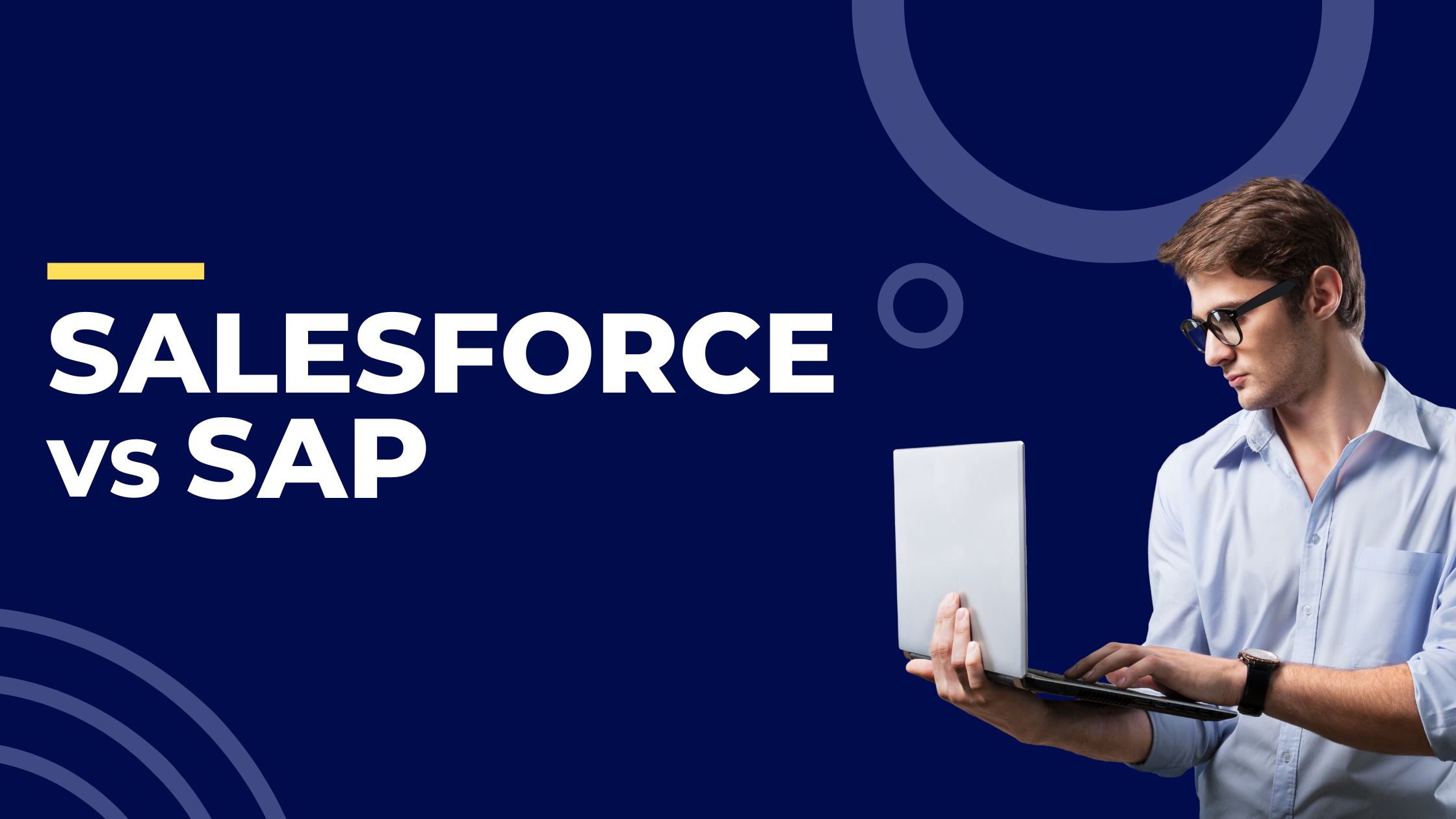When it comes to enterprise solutions, two names often dominate the conversation: Salesforce and SAP. Both companies offer robust platforms designed to streamline business processes and drive growth. In this article, we’ll explore the key differences between Salesforce and SAP, helping you determine which solution is right for your organization.
Overview of Salesforce
History and Background
Founded in 1999, Salesforce has grown to become one of the leading providers of customer relationship management (CRM) software worldwide. The company is known for its cloud-based solutions that help businesses manage sales, marketing, customer service, and more.
Products and Services
Salesforce offers a range of products and services tailored to different business needs. From Salesforce Sales Cloud for sales automation to Service Cloud for customer support, the company provides a comprehensive suite of tools to drive business success.
Target Audience
Salesforce primarily targets businesses of all sizes, from small startups to large enterprises. Its scalable solutions make it suitable for organizations looking to grow and adapt to changing market dynamics.
Overview of SAP
History and Background
SAP, short for Systems, Applications & Products in Data Processing, was founded in 1972 in Germany. Originally focusing on enterprise resource planning (ERP) software, SAP has since expanded its offerings to include a wide range of business applications.
Products and Services
SAP’s product portfolio encompasses ERP, CRM, supply chain management, human capital management, and more. The company’s flagship product, SAP ERP Central Component (ECC), remains a cornerstone of its business.
Target Audience
SAP primarily targets large enterprises and multinational corporations that require robust, integrated solutions to manage complex business processes.
Comparison of Features
User Interface
Salesforce is renowned for its intuitive user interface, which is designed to be user-friendly and accessible. SAP, on the other hand, has historically been criticized for its complex interface, although recent updates have aimed to improve usability.
Customization and Flexibility
Salesforce offers extensive customization options, allowing users to tailor the platform to their specific needs with ease. SAP also provides customization capabilities but may require more technical expertise to implement.
Integration Capabilities
Both Salesforce and SAP offer integration capabilities to connect with third-party applications and systems. However, Salesforce’s AppExchange marketplace provides a vast ecosystem of pre-built integrations, giving it an edge in this regard.
Pricing Models
Salesforce typically operates on a subscription-based pricing model, with various tiers to accommodate different business sizes and needs. SAP, on the other hand, often employs a more traditional licensing model, which can involve higher upfront costs.
Use Cases
Salesforce Use Cases
- Sales automation
- Marketing campaign management
- Customer relationship management
- Analytics and reporting
SAP Use Cases
- Enterprise resource planning
- Supply chain management
- Human capital management
- Business intelligence and analytics
Market Share and Popularity
Global Presence
Salesforce has a strong global presence, particularly in the United States and Europe, where it has established itself as a market leader. SAP also maintains a significant presence worldwide, with a particularly strong foothold in industries such as manufacturing and logistics.
Industry Adoption
Both Salesforce and SAP are widely adopted across various industries, including finance, healthcare, retail, and telecommunications. The choice between the two often depends on industry-specific requirements and organizational preferences.
Pros and Cons
Salesforce Pros and Cons
Pros:
- Intuitive user interface
- Extensive customization options
- Robust ecosystem of third-party integrations
Cons:
- Higher subscription costs
- Limited scalability for large enterprises
SAP Pros and Cons
Pros:
- Comprehensive suite of enterprise solutions
- Strong integration capabilities
- Suitable for complex business processes
Cons:
- Steep learning curve
- Higher upfront costs
Decision Factors
Scalability
For growing businesses with evolving needs, Salesforce’s scalability may offer a more flexible solution. However, for large enterprises with complex requirements, SAP’s comprehensive suite of offerings may be better suited to handle scalability challenges.
Industry Specificity
Consider the specific requirements of your industry when choosing between Salesforce and SAP. While Salesforce excels in industries like technology and professional services, SAP may be better suited for sectors like manufacturing and utilities.
Budget
Factor in both upfront costs and long-term expenses when evaluating the total cost of ownership for Salesforce vs SAP. While Salesforce’s subscription model may seem more affordable initially, SAP’s licensing model may offer better value over time, especially for larger organizations.
Conclusion
In the Salesforce vs SAP debate, there’s no one-size-fits-all answer. Both platforms offer unique strengths and capabilities, catering to different business needs and preferences. Ultimately, the right choice depends on factors such as scalability, industry specificity, and budgetary considerations.
| Read Also | Custom Web Application Development |
|---|


 Custom Web Application Development
Custom Web Application Development 
Leave A Comment